Hong Kong has a place in China's aerospace future
China recently announced that its space exploration programme will recruit payload specialists from Hong Kong and Macau, sparking excitement for the people of Hong Kong. While the announcement is a recognition of the special administrative region's R&D capabilities, some believe that it is an effort to win over the people of Hong Kong and boost their sense of belonging and patriotism. Lianhe Zaobao's China Desk takes a look at what this opportunity means for Hong Kong.
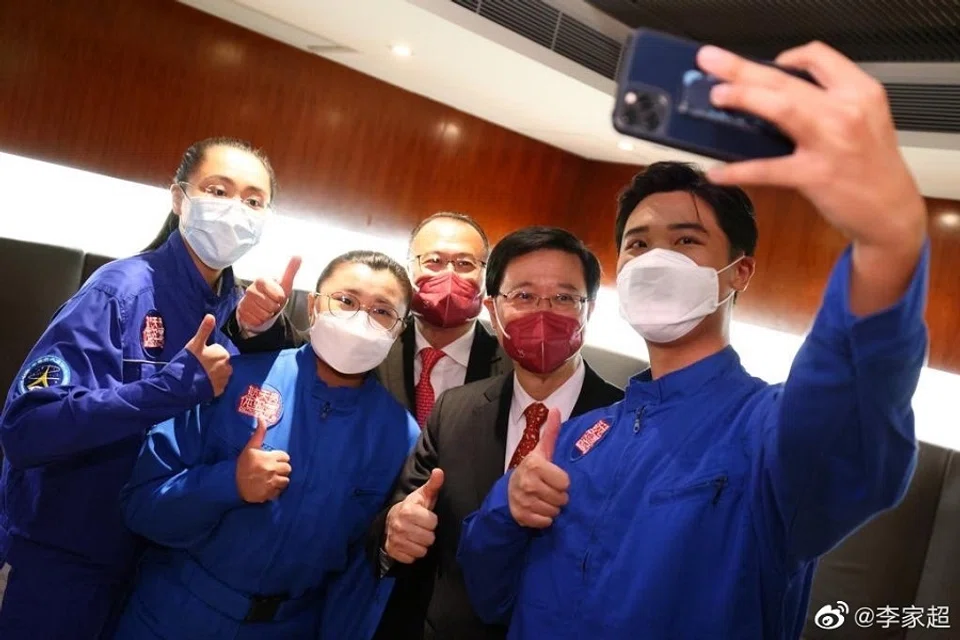
During China's National Day celebrations, Hong Kong received a special announcement: Hong Kong research experts will have the opportunity to enter the mainland's space station for the first time.
Xinhua News Agency reported on 2 October that the mainland has launched its fourth astronaut recruitment drive, whereby payload specialists from Hong Kong and Macau will be selected for the first time.
Hong Kong Chief Executive John Lee welcomed the decision, asserting that it "fully reflected the country's care, support and trust to Hong Kong".
He said that the Hong Kong government will "render its full assistance and co-operation to the country's selection exercise", and also "encourages students and various sectors of Hong Kong to take this opportunity to understand more about the remarkable achievements of the national manned space programme and boost their sense of national identity". Clearly, Hong Kong's aerospace dream is closely related to China's national consciousness.
Registration has already opened in Macau and Hong Kong on 3 and 6 October respectively.
Becoming a payload specialist
However, the selected experts from Hong Kong and Macau will not be the typical astronauts that don white spacesuits and float into space. Payload specialists - which have only been recruited since the third recruitment drive in 2018 - are not professional astronauts but rather professional scientists or engineers who go on a space flight to conduct scientific and technological research.
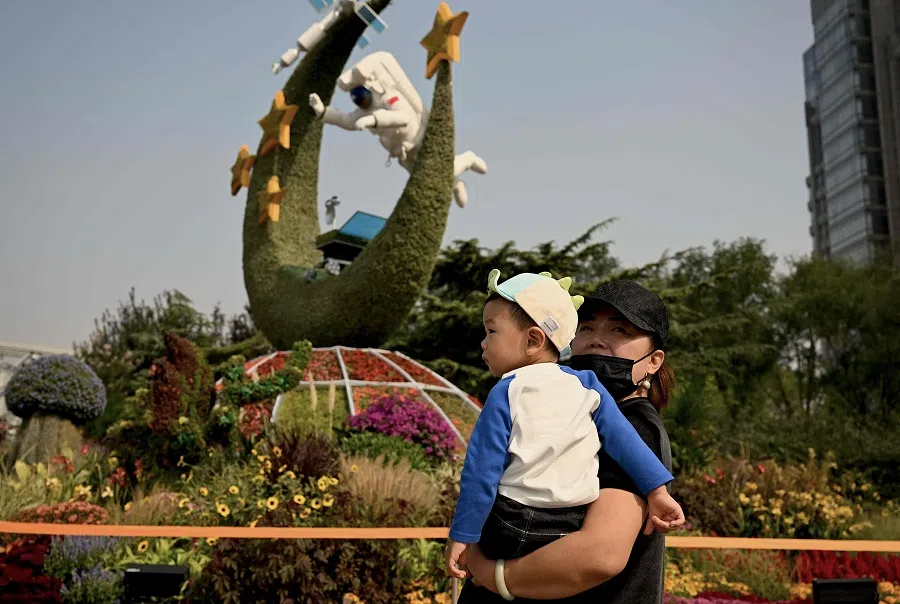
China plans to recruit 12 to 14 new reserve astronauts this time, including two payload specialists from the space science research and applications fields.
Based on the basic requirements listed on the website of Hong Kong's Innovation, Technology and Industry Bureau (ITIB), applicants should hold doctoral degrees in discipline(s) including biology, medicine, psychology, material science, physics, chemistry, biomedical engineering, mechanical engineering, electronic engineering or astronomy; and possess at least three years of professional working experience in the relevant discipline(s). Applicants should also have a good command of Chinese and English, and speak fluent Putonghua.
At the same time, applicants must also be physically fit with no significant allergies, or past medical history or hereditary diseases that may affect space missions.
In response to reporters on 2 October, ITIB Permanent Secretary Eddie Mak Tak-wai did not specify whether those who have recovered from Covid-19 can be considered for a position, but said that infectious diseases will be investigated and health experts will decide if such applicants are still eligible.
... applicants and their immediate family members should be "patriots who adhere to the principle of 'One Country, Two Systems', uphold the Constitution of the People's Republic of China and the Basic Law...
In addition, because payload specialists will undertake key missions in the National Manned Space Programme, the Hong Kong government clarified that applicants must be Chinese nationals who are permanent residents of Hong Kong. Based on the official website of the Hong Kong government, Hong Kong residents who are of Chinese descent and were born in Chinese territories (including Hong Kong) are considered Chinese nationals, regardless of whether they hold a foreign passport.
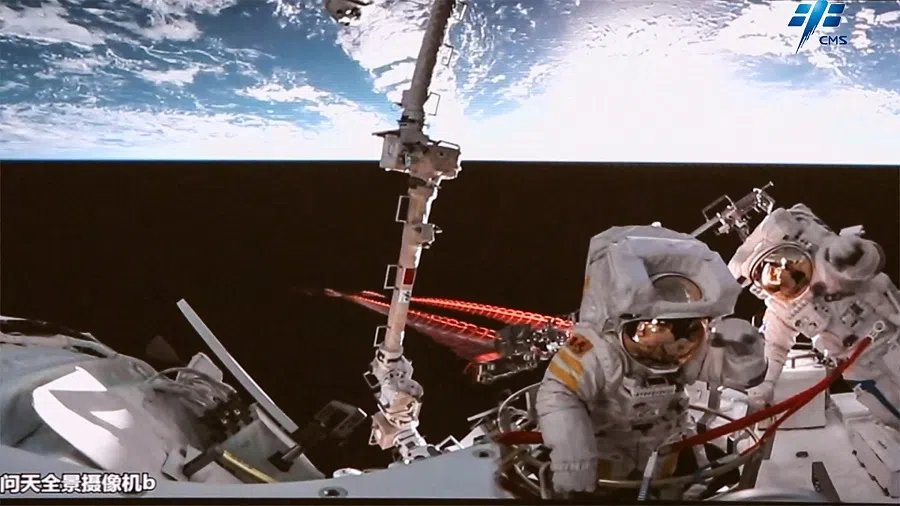
At the same time, the ITIB website also states that applicants and their immediate family members should be "patriots who adhere to the principle of 'One Country, Two Systems', uphold the Constitution of the People's Republic of China and the Basic Law, have no criminal records, and are supportive of the manned space programme". In other words, they must be "patriotic" Hong Kongers.
While all the astronauts listed on the official website of the National Manned Space Programme are Chinese Communist Party members, it is not a requirement in the Hong Kong and Macau recruitment drives.
... applications and political examinations must be strictly controlled and strengthened to prevent the infiltration of European and American spies. - Chinese netizens
Hong Kongers questioned if individuals holding a British National (Overseas) passport or those possessing foreign residencies are eligible to participate in the preliminary selection. ITIB Secretary Sun Dong, who is also in charge of the selection process, responded that such cases will be reviewed in accordance with established procedures, and individuals willing to renounce their foreign citizenship to apply for the position will be handled by the review committee.
But the government's clear requirements for recruiting payload specialists from Hong Kong and Macau are still not enough to dispel the concerns of mainland Chinese netizens who stressed that applications and political examinations must be strictly controlled and strengthened to prevent the infiltration of European and American spies.
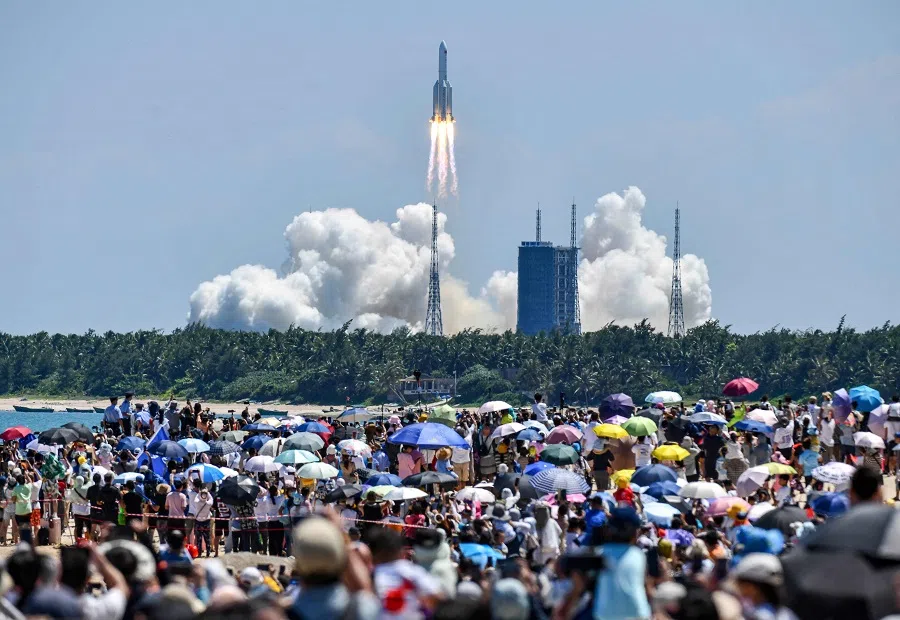
Some even questioned if there were no experts left in mainland China, such that recruitment had to be extended to Hong Kong and Macau.
Hong Kong and the Chinese space programme
In fact, while this is the first time Hong Kongers are participating in the selection of payload specialists, there is no lack of eligible Hong Kong experts and some are already part of numerous Chinese space research projects.
The most representative among them is The Hong Kong Polytechnic University (PolyU), which has been working closely with the China Academy of Space Technology since 2010. Based on PolyU's official website, the university is the only tertiary institution in Hong Kong with international space exploration experience, contributing to China's space programme.
Its research and development (R&D) team helped develop the camera pointing system for the Chang'e 3 and 4 missions, and provided a new technology to map and analyse the topography and features of the moon; the team also developed the sampling scoops and sealed container used by the Chang'e 5 mission to collect and bring back surface soil and rocks.
The Zhurong rover that landed on Mars was also fitted with a surveillance camera developed by the team led by PolyU's Professor Yung Kai Leung, to assess the conditions of the Mars landing, including the surrounding environment and the movements of the rover.
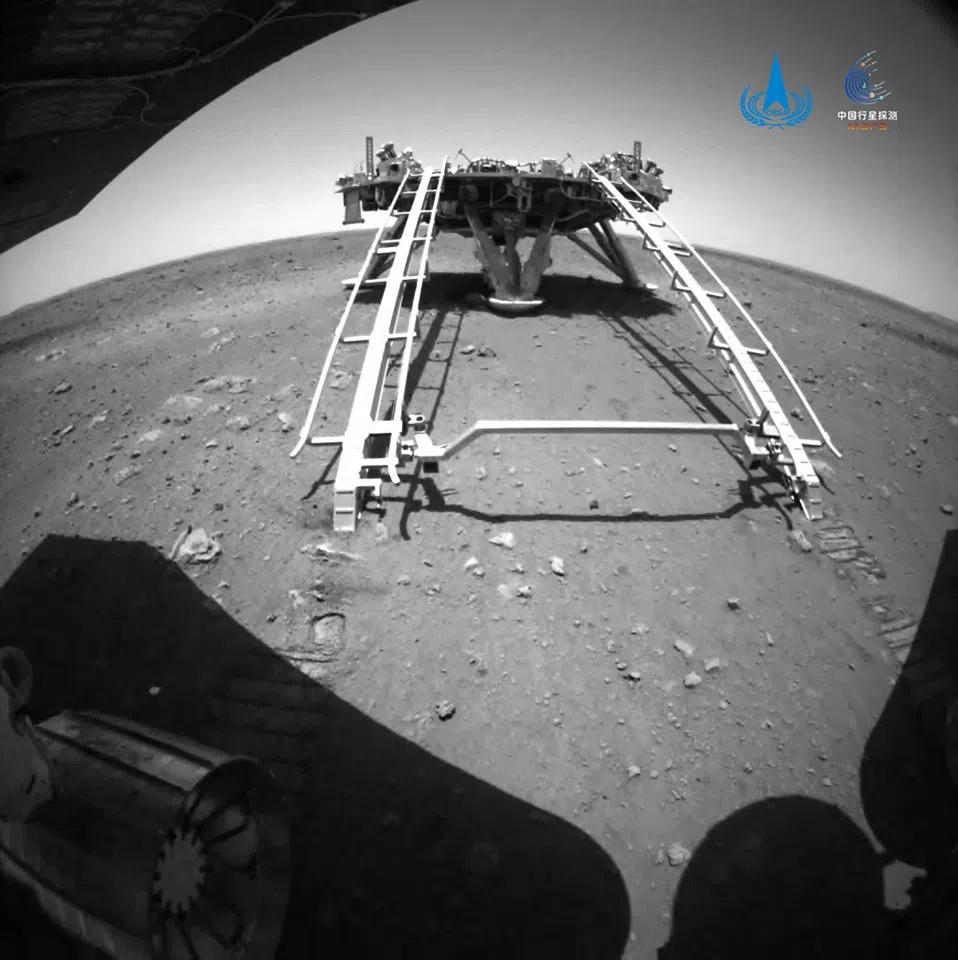
Also, the satellites Jinzijing 1 and 2 developed by HK Aero Tech were sent into orbit last year, marking a milestone for Hong Kong's aerospace technology.
... if one person makes the cut, that would be an honour for all of Hong Kong. - ITIB Secretary Sun Dong
In an interview with CNS, Assistant Professor Ng Kam Hung of PolyU's Department of Aeronautical and Aviation Engineering said that the recruitment of payload specialists is a milestone in Hong Kong's aerospace development, and a good opportunity for Hong Kong students to gain in-depth knowledge of China's aerospace development.
He added that even though the selection criteria are high, Hong Kong's aerospace research is well-developed, and there would be no shortage of doctorate level experts with the right research background.
Sun Dong also said that Hong Kong has many talents in the field, and he has reasonable expectations for those who make the final cut. He called on those who fit the bill to join the selection process, noting that the Hong Kong government will recommend all eligible candidates, and if one person makes the cut, that would be an honour for all of Hong Kong.
Reigniting people's dream of space exploration?
News of the selection has sparked excitement among the academic research community, and has a special significance for Hong Kong's aerospace buffs.
China's aerospace projects have always been closely linked to the people of Hong Kong. Many Chinese astronauts have gone to Hong Kong for exchanges to share their experiences with the public as well as teachers and students, including Yang Liwei, China's first astronaut in space. And in June 2021, an all-star group of China's aerospace experts - including Long Lehao, the chief designer of the Long March series of rockets - held a series of talks in Hong Kong; while from the Tiangong space station in July this year, Chinese astronaut Chen Dong replied to a message from a female middle school student in Hong Kong with the words: "Waiting for you to join us in space."
The hope is to encourage primary and secondary school students to work hard and equip themselves to contribute to Hong Kong and the country in the aerospace or other technological industries.
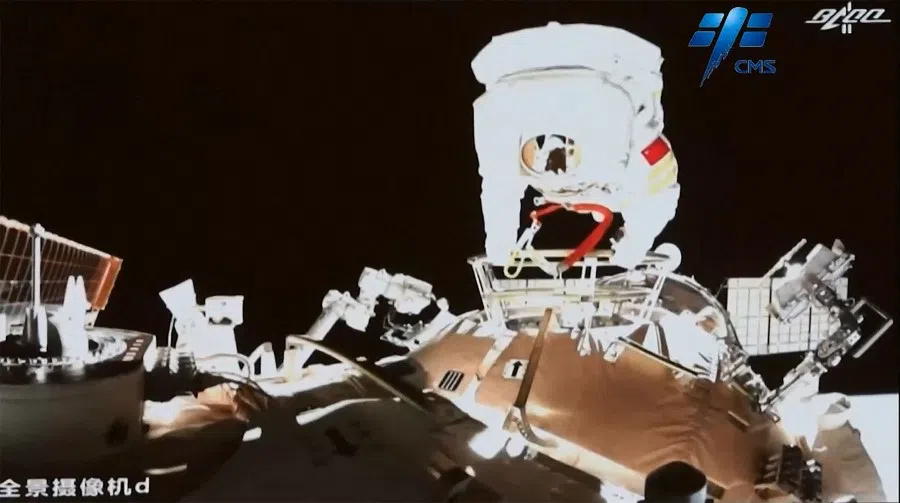
Following the news of the selection, Ta Kung Pao interviewed students with a deep interest in space, who said they were "excited" by the news. Some had participated in youth space camp and said that while they were not yet qualified to join the selection, they would work hard to go to space in the future.
Director of Information Services Fletch Chan also announced that the government would take this rare opportunity to hold a series of aerospace popular science activities, including producing special programmes and holding exhibitions and seminars, to boost the public's knowledge and interest in aerospace technology. The hope is to encourage primary and secondary school students to work hard and equip themselves to contribute to Hong Kong and the country in the aerospace or other technological industries.
'The spirit of space exploration is the best education in patriotism'
Whether the stars and stripes stuck on the moon by US astronauts, or the song The East Is Red (《东方红》) played by China's first man-made satellite, space programmes around the world are linked to patriotism, and even more so in China.
The Chinese authorities have reiterated that the core spirit of manned space missions is patriotism, and astronauts have a sacred duty to serve their country. The China Aerospace News (《中国航天报》) also ran a news report on university students in Macau visiting the Jiuquan Satellite Launch Center in 2019, titled "The Spirit of Space Exploration is the Best Education in Patriotism".
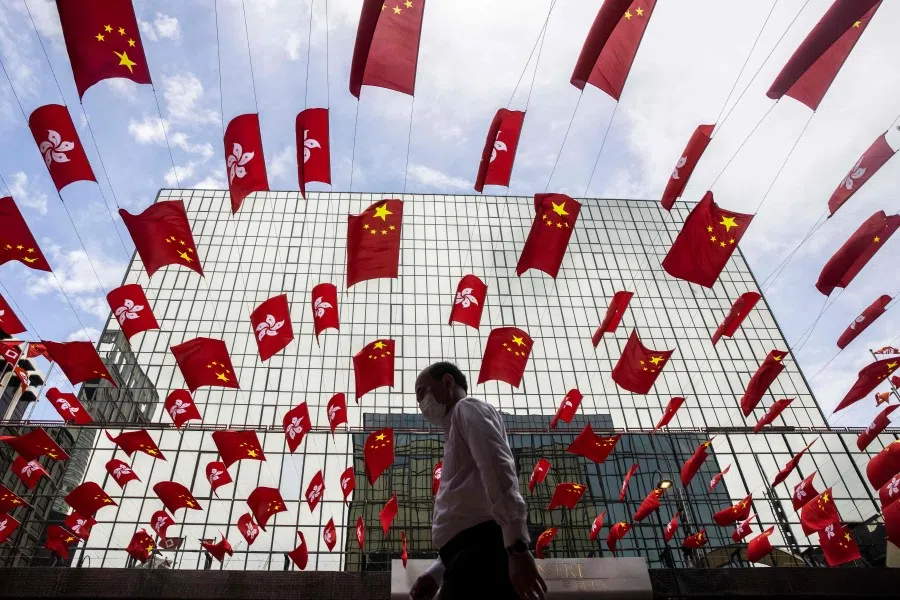
China's announcement of recruiting astronauts in Hong Kong is a recognition of Hong Kong's R&D capabilities, and an effort to win over the people of Hong Kong and boost their sense of belonging and patriotism, especially in developing a sense of national identity among Hong Kong youths, who were the main driver of the violent street demonstrations before the Hong Kong security law was implemented.
Otherwise, no matter how strong China is in space exploration, or how its national strength grows, the people of Hong Kong may lack a sense of participation and think "what does it have to do with us?"
The Hong Kong government is actively starting with education, to drive systematic, planned national education in schools, with the aim of nurturing a generation of Hong Kong youth who love their country and Hong Kong.
One might say this latest announcement of Beijing opening up spots for payload specialists and recruiting elite talent to foster a sense of belonging among the people of Hong Kong is highly cost-effective.
Related: The complex impact of China's military-civil fusion in space | China's Shenzhou-14 crewed mission: Mother of two an astronaut in space | Can commercial space programmes take off in China? | The rapid rise of 'the cosmos club' in the Xi Jinping era: Countdown to the 20th Party Congress | Rocket scientists in China's party leadership: Countdown to the 20th Party Congress | Prominent PLA elites in 'the cosmos club': Countdown to the 20th Party Congress

![[Big read] Paying for pleasure: Chinese women indulge in handsome male hosts](https://cassette.sphdigital.com.sg/image/thinkchina/c2cf352c4d2ed7e9531e3525a2bd965a52dc4e85ccc026bc16515baab02389ab)
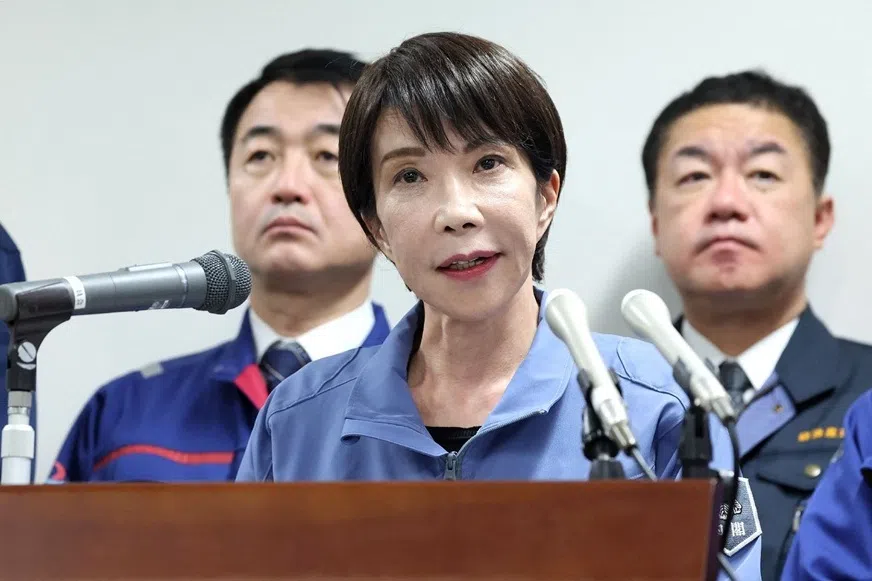
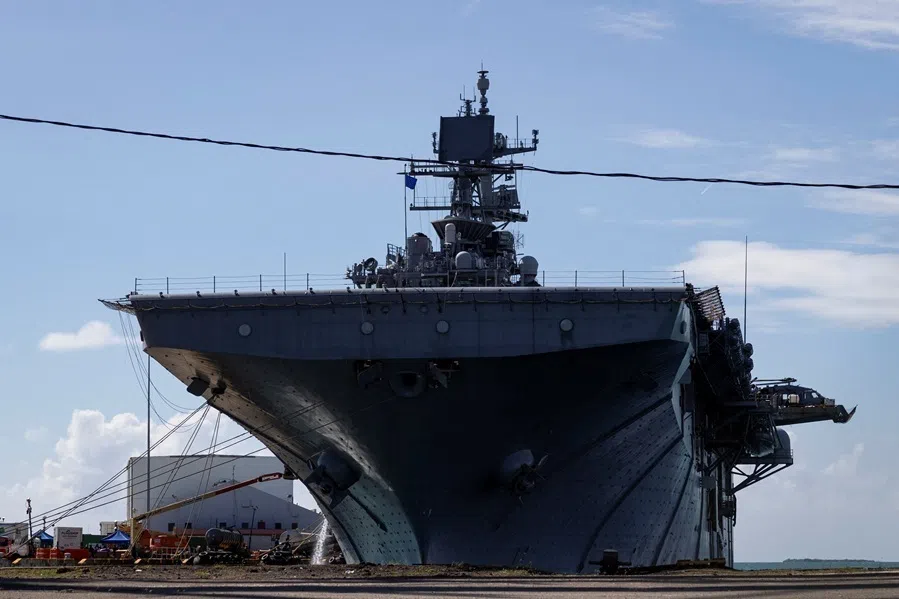
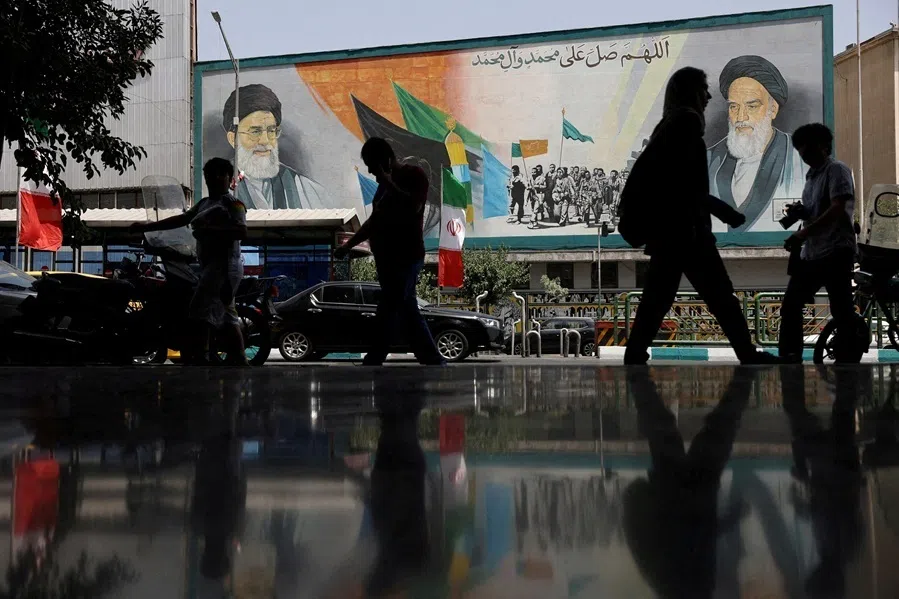
![[Big read] How UOB’s Wee Ee Cheong masters the long game](https://cassette.sphdigital.com.sg/image/thinkchina/1da0b19a41e4358790304b9f3e83f9596de84096a490ca05b36f58134ae9e8f1)